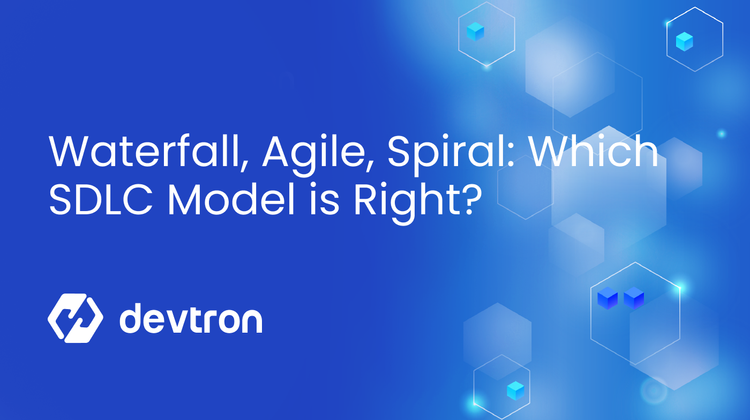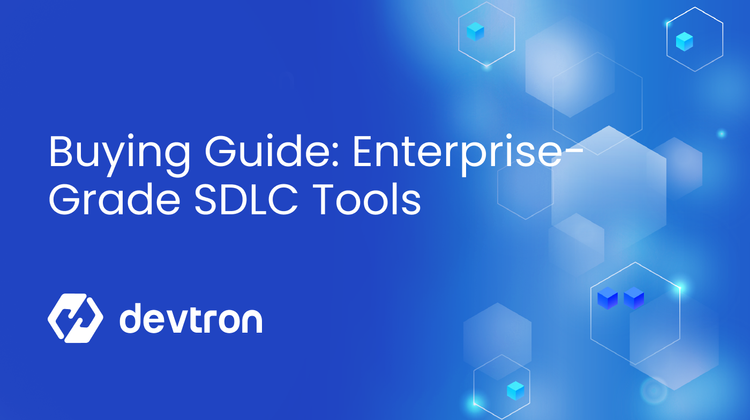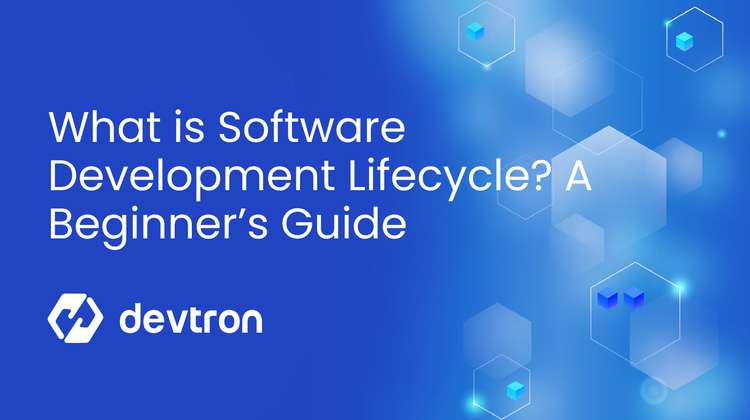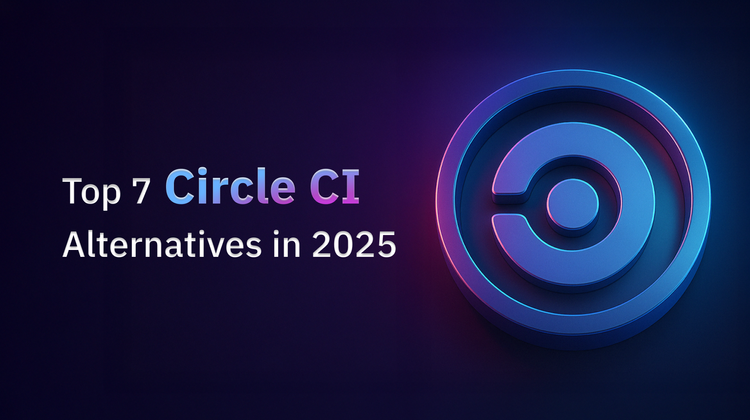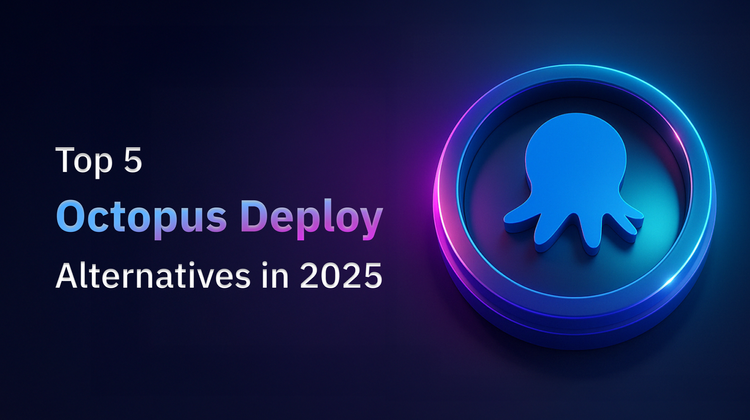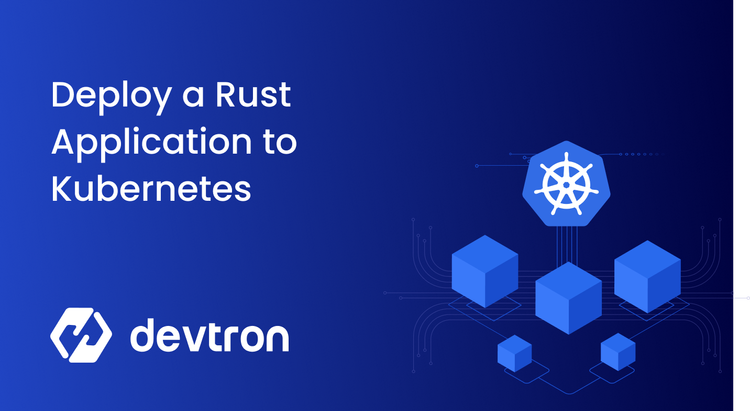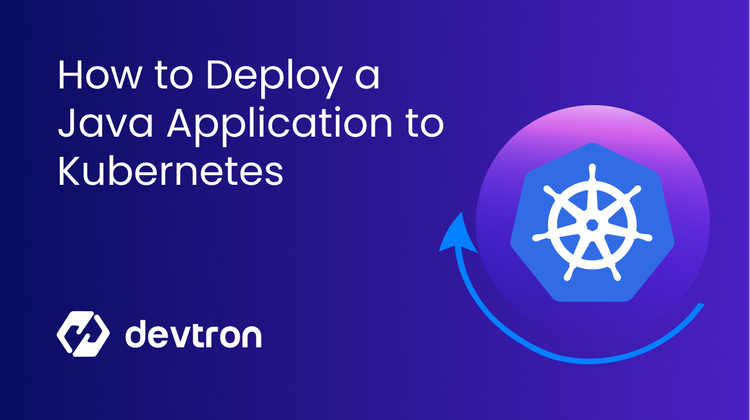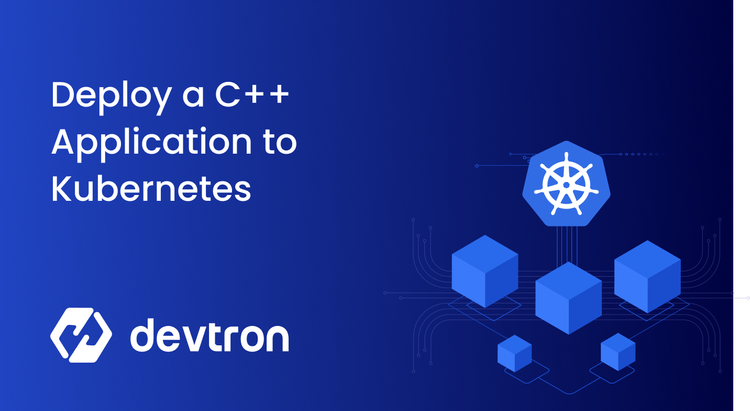Waterfall, Agile, Spiral: Which SDLC Model is Right?
Explore foundational SDLC models—Waterfall’s linear clarity, Spiral’s risk management, and Agile’s dynamic adaptability. Each offers unique strengths to streamline workflows, enhance collaboration, and meet project goals. Choose the right model to deliver high-quality software efficiently.

